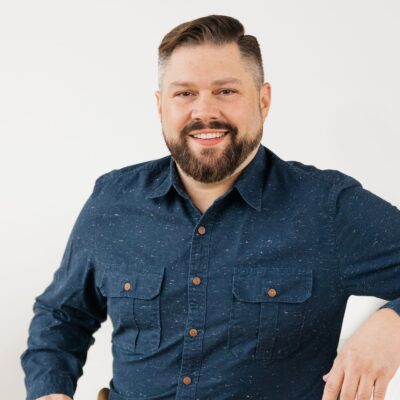Imagine a growing movement across the country to repeal anti-discrimination ordinances under the guise of “saving our children” and claiming to “speak out for straight and normal America.”
While some may assume this is referring to current events, it was in actuality 1977 after Anita Bryant led a successful repeal of an anti-discrimination ordinance in Miami. Bryant, a celebrity orange juice spokesperson, toured the country warning families of the dangers of gay liberation. “The recruitment of our children is absolutely necessary for the survival and growth of homosexuality,” she said. “Since homosexuals cannot reproduce, they must recruit, must freshen their ranks. …what these people really want, hidden behind obscure legal phrases, is the legal right to propose to our children that theirs is an acceptable alternate way of life.”
Bryant was met with praise and protest wherever she went. Gay bars banned screwdriver cocktails and boycotts of orange juice were organized. While answering questions during a televised press conference in Des Moines, Iowa, about her plan to open a network of centers where “homosexuals could go for rehabilitation,” a young man walked up to Bryant and threw a banana cream pie in her face. (At the time, “pieing” had become a popular protest tactic.)

“At least it was a fruit pie,” Bryant said before beginning to pray out loud as the broadcast continued.
The man behind the pie was 27-year-old Thom Higgins, gay rights activist and former University of North Dakota student. Higgins’ early life was in Wisconsin and Minnesota, but a decade before his infamous pieing, he was attending Catholic high school at Assumption Abby in Richardton, N.D., eventually enrolling in the University of North Dakota as part of a gifted student program. Excelling as a student journalist, Higgins got involved in the production of an underground newspaper called the Snow Job, which led to his suspension from the university. Following his 1968 suspension, rather than returning to UND, he moved to the Twin Cities and became a notable gay activist.
Starting with the Stonewall riots in summer of 1969, the LGBTQ+ liberation movement grew in earnest, as did the pushback. In the Twin Cities, religious leaders were vocal, and Higgins wanted to counter the negativity coming out of the church. His parochial education seemed to have prepared him well for this moment. Higgins cleverly paired one of the seven deadly sins, “pride,” with “gay” since church teaching held same sex behaviors as violations of divine and natural law.
And thus, the phrase Gay Pride was born.
In 1971, activist Michael McConnell’s partner Jack Baker was invited to speak in Chicago and took the phrase “gay pride” with him. “That language was transformative,” McConnell said. “It is one of those things that opened the door and moved people forward.” From there, the rest is history. More than half a century later, we are still celebrating PRIDE.
Higgins most notably gets mentioned in retellings of Bryant’s pieing rather than creating the term that would come to brand the international movement of Pride. But much more of his story as a pioneer of Pride also remains untold. He was a tireless part of the activist scene in the Twin Cities before he died from AIDS in 1994. One of the most notable actions was co-founding the Positively Gay Cuban Refugee Task Force, which mobilize Minneapolis's gay community to sponsor gay refugees facing legal persecution in Cuba in the 1980s.
This month, and throughout the summer, communities across North Dakota are celebrating Pride. At the ACLU, we love a good party, yet in the midst of parades, festivals, and glitter, we can’t forget that Pride is also about protest and a commitment to fight for our collective liberation – and we know the fight is far from over in North Dakota. Let’s be inspired by our own Pride pioneer, Thomas Lawrence Higgins. The work that lies ahead may be daunting at times, but we owe it to Thom, to ourselves, and to future LGBTQ+ and Two Spirit North Dakotans to carry the fight forward. Who knows? You might be the next Pride pioneer!

